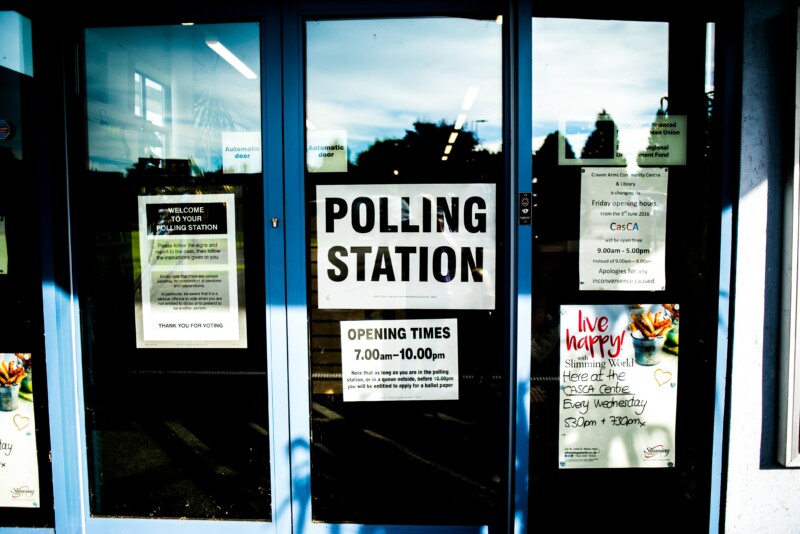Bristol Ideas and the May 2022 Referendum Naomi Miller

Share this
This article is part of Bristol Ideas’ Referendum 2022 debate which looks at all aspects of city governance as part of ongoing work on democracy and the forthcoming May 2022 referendum.
Over a decade ago we organised the conference ‘Should Bristol Have an Elected Mayor?’. That was just one of the contributions we made to the debate before the city’s 2012 referendum.
In May 2022, Bristol will go to the polls once again for a referendum, this time asking citizens if they wish to see the post of mayor replaced with a committee system. Today we launch a new programme of work looking at the referendum and city governance.
We’ve followed the mayoral story from the start. We’ve run an annual State of the City address and debate each year since 2013 and have looked at city governance around the world in our biennial Festival of the Future City. We have a long-running series of events on the future of democracy and there’ll be more this spring.
We’re committed to promoting learning and debate about future city governance. We’re interested in the competing proposed and alternative models; we’re interested too in issues like visibility, accessibility, representation, effectiveness, legitimacy, and democracy – and which model best delivers on these.
And we’re committed to exploring the big issues – opportunities as well as challenges – that a city like Bristol faces and the best way of meeting these.
In the vote on whether Bristol should have an elected mayor in November 2012, 24 per cent of the Bristol population participated: 41,032 in favour and 35,880 against. George Ferguson became the first directly elected mayor in November 2012. He lost to Marvin Rees in 2016 and Rees was re-elected in 2021.
The May 2022 referendum asks voters to make a choice of either a directly elected mayor or a committee system. But are there other choices which need to be explored? How would a committee system work? If the mayoral model continues, how can this be reformed to give greater power and involvement to elected members? How should a city mayor work with a sub-regional mayor? And what about further devolution? The role of citizens’ assemblies? Wider electoral reform? Should Bristol have its own democracy commission?
There are many challenges and opportunities ahead. Which system can best tackle the climate and ecological emergencies? Which will be able to address the changes needed for a just transition, the crisis in social care? Which will deliver for the Black Lives Matter and Me Too movements? How will different models deliver housing (including new council housing), provide work and create better places for all? Put simply, which system can best provide all the people of the city with a future?
What do other councils and places do? Some have had a directly elected mayor and dropped it after a local vote; some have gone back to a committee system after operating a cabinet and leader model. National government seems keen on more mayors (or governors in some places).
Bristol has had a committee system, a leader and cabinet and a directly elected mayor. We will be learning from this experience – mostly from people involved directly – as well as from others around the country. Why has Sheffield gone back to a committee system and what can we learn from the work of the recent Newham Democracy and Civic Participation Commission, for example?
Over the next few months, we’ll be publishing specially commissioned articles and interviews and hosting discussions and events encompassing all sides of the debate. We want this to be open, based on evidence, and something that helps move the city forward.
We’re neutral on this issue. We’re doing this to help promote learning and debate and as a contribution to our ongoing work to promote democracy. We want to make sure that people vote, too, so that in May 2022, we get a turnout of much more than 24 per cent.
Find out more about Bristol Ideas’ Referendum 2022 debate. Copyright of articles remains with the authors.


